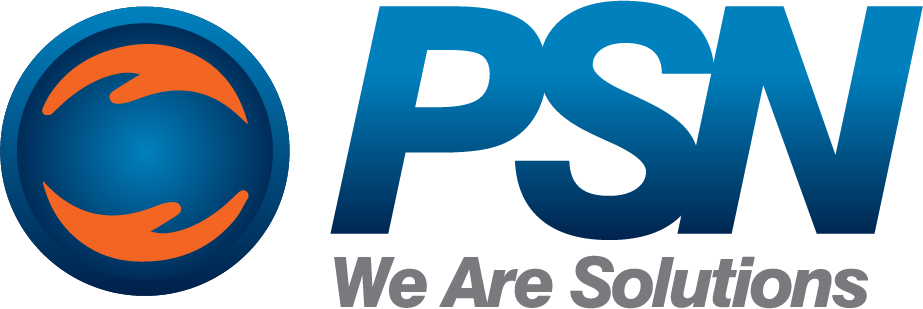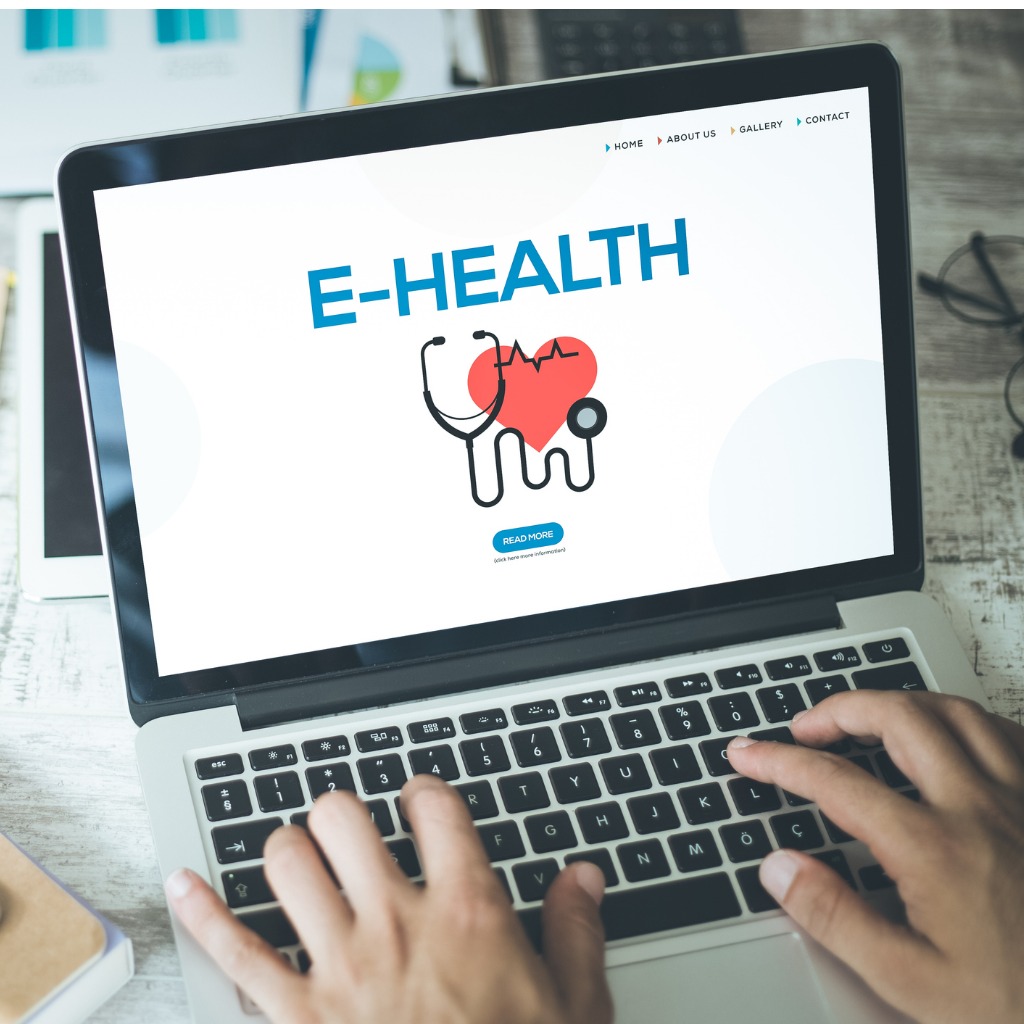The term “eHealth” started appearing in 1990’s and grew in prominence with the technological advances of computer age
and the wide availability of computer resources. In general, the term “eHealth” refers to interface of healthcare, computer science, and information science.
Ehealth solutions encompasses number of categories of patient-related information, including but not limited to the following:
• telemedicine (long distance medical diagnosis and treatment),
• electronic health records (archiving and transmission of patient data between health providers),
• knowledge management (searchable archival access to curated medical information by patients and healthcare professionals),
• health informatics (acquisition, storage, curation, search, retrieval, mining, and usage of health related information),
• patient training and education.
The broad goals of eHealth initiatives include personal healthcare improvement through the efficient, effective, safe, accessible information regarding personal health; in addition, through electronic access to health information, it is believed that redundancy, error and cost will be decreased.
eHealth solutions were made possible and has been driven by the technological and social advances in computer, computational, and informatics sciences. Evolution of eHealth intiatives included progression over a series of innovations over time that has included:
– Health 1.0, access to health related content, a passive involvement.
– Health 2.0, creation of a more dynamic ecosystem based on and utilizing social networking and focusing on chronic diseases or conditions. It is a system of online collaboration and sharing by leveraging internet tools (e.g. blogs, podcasts, RSS feeds, mobile apps, searches, surveys) and networks by patients, consumers, healthcare providers and researchers to educate and inform, promote health and personalize healthcare
– Health 3.0 representing the next iteration with the goal to optimize personalized access (patient-centric) to health information by consumers and expertise to health providers. Health 3.0 enables a larger scale and more powerful data integration and uses more sophisticated computer technologies like artificial intelligence, expert systems, and fuzzy logic; in addition, it expands its focus beyond chronic conditions to achieving optimal health.
– There is already a discussion of Health 4.0 that is supposed to provide further coherence to the entire system.
With the exponential growth in availability and use of mobile computer devices (smartphones and tablets), another subcategory of eHealth, mHealth, has emerged. It refers to use of mobile devices to:
• disseminate health related information,
• provide healthcare services,
• provide patient information and training,
• real-time patient monitoring,
• patient counseling,
• data collection for trend analysis and identification of disease outbreaks and spread.
eHealth is receiving growing visibility and participation by private and public sectors and its prominence continues to expand. Examples of growth include
– eHealth Initiative, an independent, non-profit national organization comprised of healthcare providers and institutions, health plans, information technologists, manufacturers, public health agencies, and healthcare advocacy groups aims to fuel healthcare improvements through technology and information and the
– CDC, a government agency, has launched Health Communicator’s Social Media Toolkit to facilitate efforts in the area.
Nursing is latching on to the movement in eHealth, nationally and internationally! For instance, goals of the International Council of Nurses include “to support eHealth practice, to be recognized as an authority on eHealth, and to be positioned centrally in the eHealth Community…. the ICN eHealth programme seeks to advance nurses’ knowledge of and involvement in eHealth worldwide.”
Additionally, a recent article describes nursing involvements in mHealth by use of smartphones to enhance nursing practice. Importance of nursing involvement in eHealth has been recognized and recommendations have been made to incorporate nursing informatics into nursing curriculum and faculty development. There also are “Informatics Competencies for Every Practicing Nurse: Recommendations from the TIGER Collaborative”.
In July of this year, 11th International Congress on Nursing Informatics took place. Its proceedings are available online and describe various nursing efforts in the area.
The evolving technologies and their byproducts empower patients, providers and administrators and hold a promise of customized and personalized care optimization and better patient-doctor and patient-healthcare system communication.
However, proper precautions must also always be in place and utilized to protect individual privacy and dignity. The human element and quality of life should also be kept in mind and not merely superseded by the use of technology. Furthermore, while the current technologies facilitate the ease of collecting and analyzing huge amounts of data, it is critical to ensure the security and validity of the data, and validity of methods of data collection and analysis.
It is expected that eHealth will continue to make improvements in healthcare and it will be interesting to observe the progress.
Professional Services Network, Inc.( PSN), a 22 year old company, specializes in nurse staffing and health care accreditation consulting. For temporary and direct hire needs, services include staffing of experienced nurses in utilization review, quality management (including data abstraction and HEDIS review), case management, and nursing education.
Professional Services Network, Inc. (PSN) works with clients nationwide in the search and recruitment of experienced healthcare professionals in managed care and clinical roles for temporary assignments and direct hire opportunities. Additionally, PSN’s consultants work with organizations and providers seeking accreditation or re-accreditation with URAC or NCQA. For additional information regarding our services contact us at 301-460-4089 or email us at [email protected].





